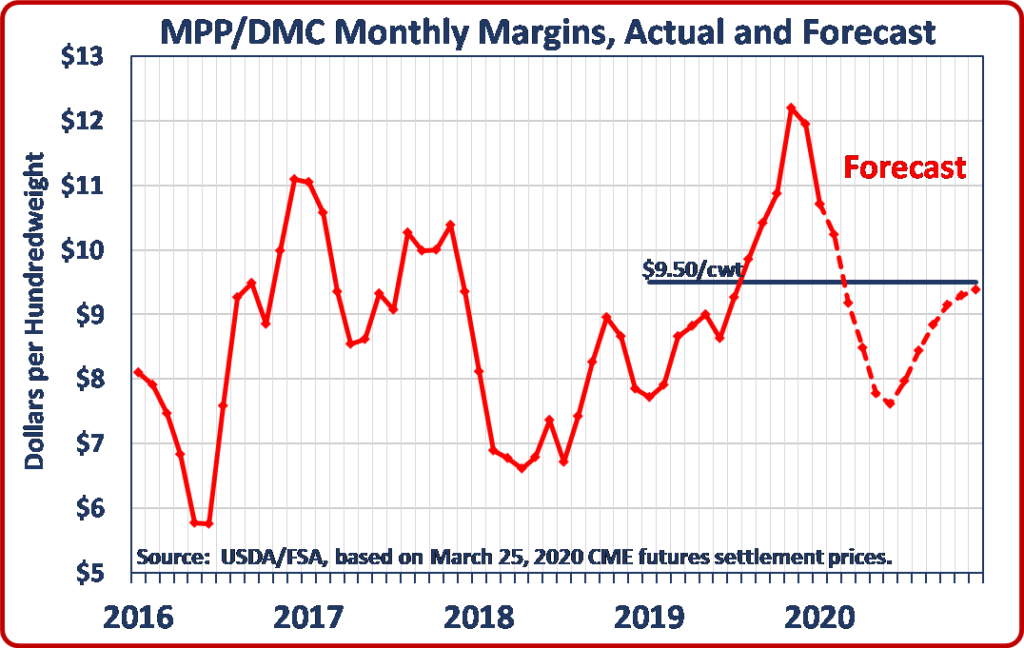As foreign governments implement measures to mitigate the spread of coronavirus, the NMPF trade team closely works with the US. Dairy Export Council in monitoring any action that could negatively impact dairy trade. On March 26, Mexico’s Ministry of Health issued a decree announcing a halt to all administrative operations, including the issuance of import permits from March 26 through April 19 – the first direct, major threat of disruption to U.S. dairy trade caused by coronavirus measures, as dairy products require import permits to enter the market.
Outreach to contacts in Mexico suggested that the Mexican Ministry of Health had not considered the full ramifications of this decree, including the impact it would have on trade and food supplies to Mexico. NMPF’s trade policy team, working closely with USDEC Regulatory team and USDEC’s Mexico office, immediately contacted the U.S. Trade Representative’s Office (USTR) and the U.S. Department of Agriculture (USDA) to urge aggressive action to secure clarification on the issue and preserve trade continuity. In addition, NMPF staff drew on their contacts in the Mexican government to raise alarm bells about the consequences of this new policy.
While at press time the issue had yet to be fully resolved, these actions have generated encouraging steps in the right direction: the Mexico government issued a directive on March 31 that categorized the food and beverage sector as an essential industry that must remain working throughout the outbreak. The trade policy team has continued to collaborate with USTR and USDA, as well as with our colleagues at USDEC, to ensure that this directive extends to the issuance of import permits so that dairy trade with Mexico remains uninterrupted.
As that situation develops, trade policy staff has been closely monitoring other possible market access restrictions as a result of the pandemic. While government efforts to mitigate the spread of COVID-19 domestically evolve daily, NMPF is actively assessing these responses to determine effects on major dairy sectors and international trade flows.
Earlier this year, lost trade was the initial coronavirus concern, as the virus’s spread in Asian markets were the first impacts felt on U.S. producers early in 2020. As restrictions spread worldwide and have profoundly altered the U.S. economy, NMPF is collaborating with domestic and international partners to monitor any additional trade disruptions caused by COVID-19 responses or resulting in border restrictions and workforce limitations worldwide.
NMPF is working alongside the U.S. Dairy Export Council (USDEC) to gather data on how the impact of COVID-19 is affecting dairy supply and demand overseas and sharing information with the International Dairy Federation on U.S. COVID-19 response efforts, strengthening NMPF’s ability to respond to a rapidly evolving situation.
For example, personnel issues in Asia that had hindered shipments are being gradually resolved. Consumer response to coronavirus has varied worldwide as well: Some overseas markets have indicated increased demand for milk and dairy products, while others see less. NMPF is tracking closely calls from European dairy stakeholders to initiate private storage aid for butter, skim milk powders, and cheeses, in which the European Commission covers the cost of storage until the product can reenter the market.






